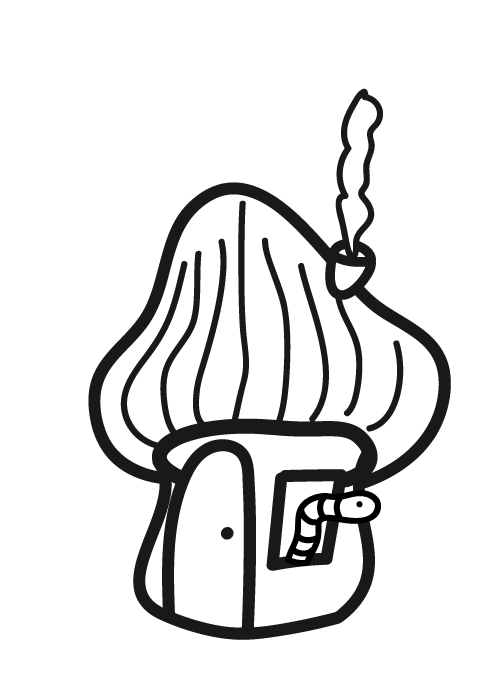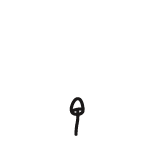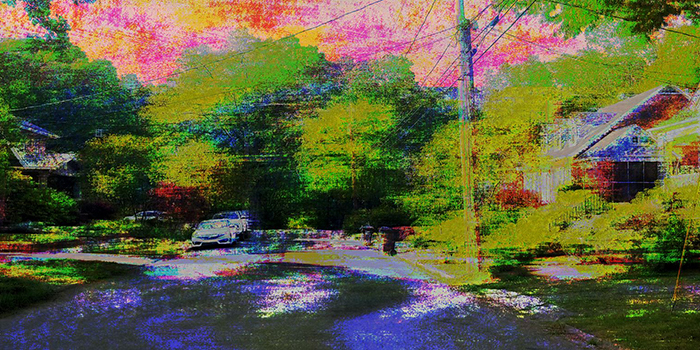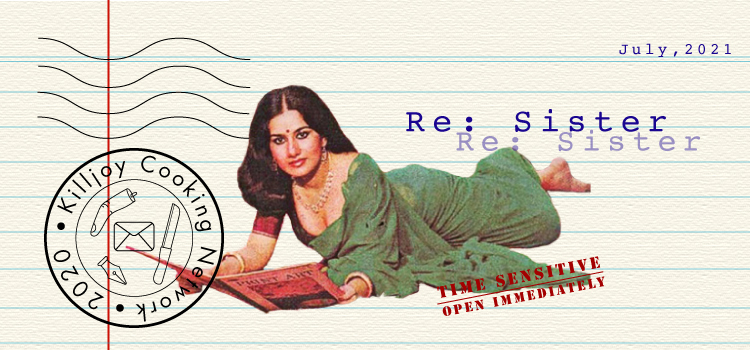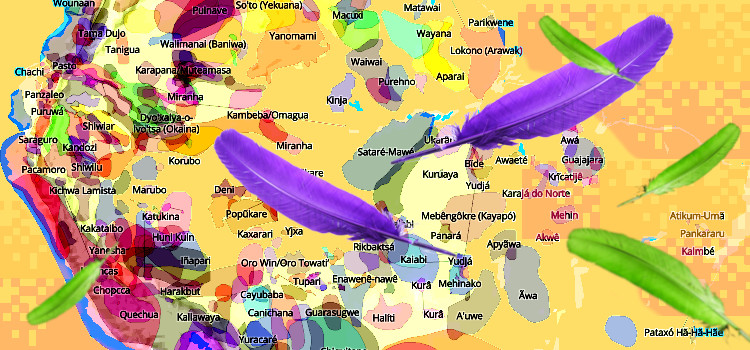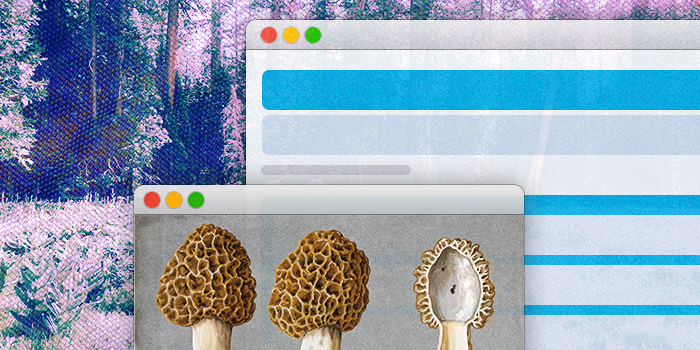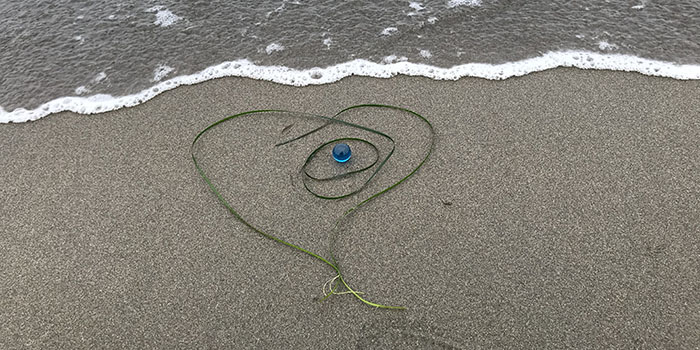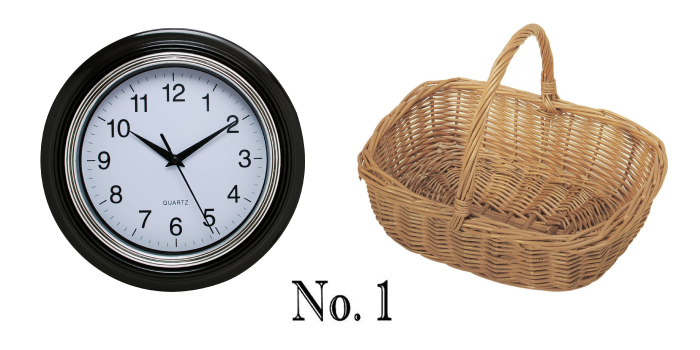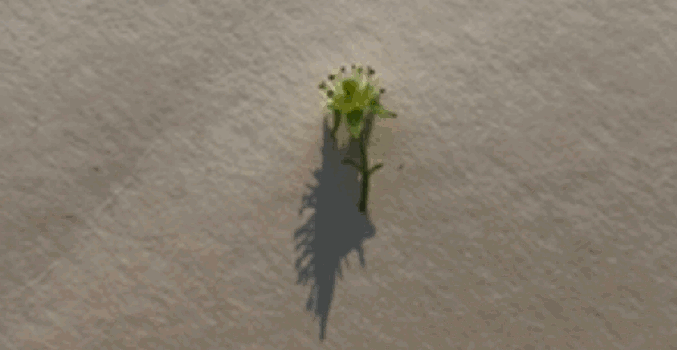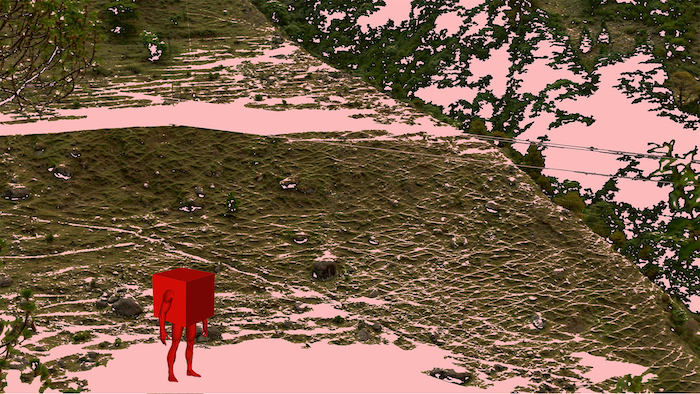Logging Off
Posts 359
Rank Member
By the time fall rolls around, you’ve started to recognize the different oak trees in your neighborhood. You’re eager to meet your forum friend. You’ve moved to texting each other nearly every day.
The deciduous trees in your neighborhood are draped in ochre, yellow, and red when seed_historian finally picks a date. Next Saturday?
You text Yes! immediately. A first meeting. Of course, everyone meets strangers off of Hinge or Tinder, and you’ve had your share of entertainingly awful dates with strangers. But this feels different. You don’t know what they look like, their name, anything. But you have this hobby in common and all the hazy, hopeful things it stands for: attention to material reality, feeling rooted in place, and grateful for the richness of a biological world.
You arrange to meet at a park near your apartment. When you arrive, there are two people there: a figure jogging along the path with patient, slow motions, and a tall woman bent over her phone. She looks up as you walk over.
“Hi,” she says. “I’m Daniella. From the — ”
“Yeah, me too,” you say, and then you both stop, relieved that you don’t have to say out loud: From, you know, that forum we spend all our time on.
It’s nice to finally meet,” she says. “I — well — shall we?”
She nods towards the entrance to the park and you begin walking over together. She starts telling you about the different species of oak trees and their acorns, her hands carving out tapered shapes in the air. “We want to look for valley oaks,” she says. “The acorns aren’t too bitter. They’ll be good for bread flour.”
You pass by each tree slowly, shading your eyes as you look upwards to inspect the leaves. When she stops and kneels down, you do too, looking for acorns in the grass. Daniella asks you how long you’ve lived in the area, what neighborhood you’re in, where you grew up. The small talk, stilted at first, relaxes into a real conversation. The acorns accumulate.
“When did you learn to forage?” you ask.
“A few years ago,” she replies. “A friend came to visit me and I wanted to show her around, so I booked a beginner’s foraging tour for us. She didn’t want to eat anything we found, but I loved it and kept at it. It’s been a nice distraction.”
“What are you distracting yourself from?”
The park is quiet and still. In the distance, you watch the runner loop around for another lap, and you wonder if you’re being intrusive or considerate. Daniella is still combing her fingers through the grass.
“I was doing my PhD,” she says eventually. “In climate change modelling. I was reading thinkpiece after thinkpiece about all the plant species that are going extinct and the decline of the environment. I was worried that everything was going to disappear while I sat in an office, doing my little statistical models in a room with awful fluorescent lighting. I wasn’t really doing that well. So I thought, ‘No one’s looking at the data, and no one’s going to change the way we live, but maybe I can be closer to nature in the time we have left.’”
You both fall silent. She starts counting the acorns she’s collected.
“I’m always amazed,” she says, “by what you can find by foraging. It’s weird to think about how it must have been even richer a few centuries ago, just so much more nature, because people lived more lightly on the land, with more care”
“Yeah,” you say. “I read a bit of the book you sent me. It’s really sad what happened.”
She looks at you. “Well, genocide is usually sad.”
The word genocide hangs in the air, brutal and uncompromising. You feel responsible for the silence that follows. You walk towards the edge of the park, your boots pressing into the grass.
“Sorry,” she says eventually, and starts covering up the stillness of the park with conversation again.
When you get back home you put your acorns in a large mixing bowl and inspect them again for any black spots. Daniella updates you on her progress: I’m drying half in the oven and half in the sun to see which option is better, she writes on Saturday. This blog says you should use a mortar and pestle to grind them.
On Monday, she texts an update while you’re at work: I cannot in good conscience recommend the mortar and pestle, it takes forever!!!
You spend your next few evenings getting the outer shell off the acorns, figuring out how to leach their tannins out, and using your food processor to turn the acorns into flour.
On Saturday, Daniella posts a photo of her acorn soup and foraged greens on the forum. Your contribution is a slightly misshapen loaf of bread. Everyone is very impressed.
cypress_31 Wow, you made your own flour? Did you make the jam and butter too??
Maybe next time, you think. The praise is going to your head.
Celine Nguyen is a designer, design historian, and writer. She is an MA student in History of Design at the V&A Museum/Royal College of Art, where her research considers contemporary web aesthetics and their relationship to our ecological world. Right now, she wants to know: what does degrowth look like for the web?




